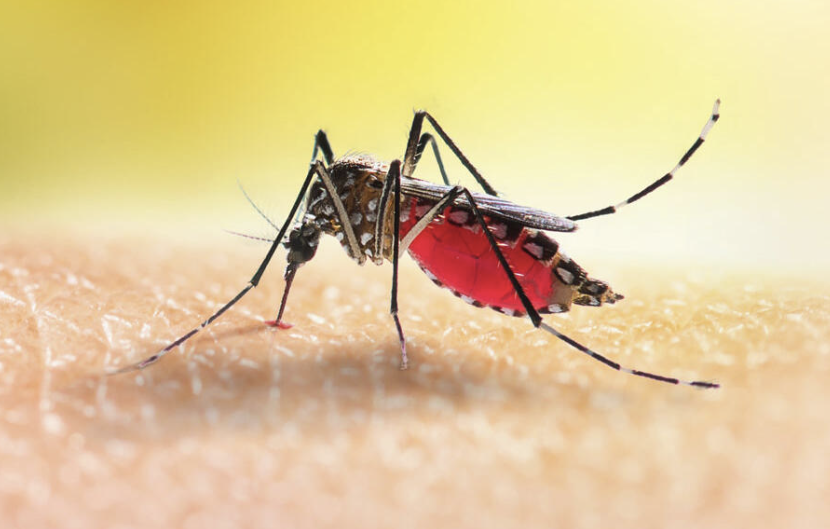A surprising new study reveals that mosquitoes which survive exposure to pyrethroid insecticides may actually become allies in the fight against malaria. Rather than simply being weakened, these surviving mosquitoes appear to develop a supercharged immune response that makes them less likely to carry and transmit the malaria parasite.
The research focused on pyrethroids, a class of insecticides widely used in insecticide-treated nets (ITNs) and indoor residual sprays. Over time, many malaria-transmitting Anopheles mosquitoes have developed resistance to these chemicals, raising concerns about their long-term effectiveness. However, this study provides a new perspective on how these insecticides may still aid malaria control efforts even when they fail to kill the mosquito outright.
Experiments with insecticide-resistant Anopheles mosquitoes showed that a single, non-lethal exposure to permethrin a commonly used pyrethroid resulted in a significant boost to the insect’s immune defenses. Specifically, exposure led to increased levels of reactive nitrogen species (RNS), molecules that are known to play a crucial role in attacking malaria parasites.
These molecules triggered a pathway in the mosquito’s immune system known as IMD, which led to damage around the midgut tissue an area the parasite must cross to complete its development. This immune reaction effectively destroyed the malaria ookinetes, the early-stage forms of the parasite.
To further test this finding, researchers gave the mosquitoes a supplement called L-arginine, known to increase nitric oxide a major component of RNS. The result was the same: reduced parasite survival and fewer infected mosquitoes. This confirmed that the immune response was linked directly to RNS production.
Insecticide exposure also increased the number of granulocytes, immune cells responsible for defensive action. Their presence rose from about 11 per cent in untreated mosquitoes to 32 per cent in exposed ones.
A computer simulation using this data showed promising results. If just half of all mosquitoes were exposed to a sub-lethal dose of insecticide, malaria infections in children under five could drop by nearly 13 per cent. Full exposure could lead to more than a 30 per cent reduction.
These findings suggest that even in areas with high insecticide resistance, pyrethroids remain a valuable tool not only for killing mosquitoes but also for disarming their ability to spread malaria.

